Hungary as a parliamentary republic in Central Europe was drawn more and more attention to – due to drastic constitutional changes, violations of basic European values and violations of the rule of law. Above all, his Prime Minister Viktor Orbán is the center of attention because of corruptive behaviour and a lack of transparency. The following report will give an insight into the political structures of this country. [1]
Hungary as an Independent state
After the end of the monarchy and the collapse of Austria-Hungary, Hungary developed into an independent state. Between World War I and II it received Soviet support to become a socialist republic. Many demonstrations tried to prevent this, but it was brutally crushed by the Red Army. From the 1980s forward – as in most Central Eastern and Southeastern European countries – Hungary underwent reforms in the wake of the communist crisis. Striving for a market economy and a democratic system increased until 1989, when the Republic of Hungary was established as a democratic state with its own constitution. [2]
Political conditions
The President, head of state, is elected by the Parliament every five years. He has a representative function but can also send a law which was passed by Parliament for deliberation and has the right of initiative. Katalin Novàk from the FIDESZ party is currently president of Hungary. The Parliament, the highest representative body of the people, embodies popular sovereignty in Hungary. In 2014, the contained mandats were reduced from 386 to 199. It is responsible for legislation, as well as for government control. In general, three party-families can be distinguished in Hungary: conservative (such as the Democratic Forum Christian Democratic People’s Party KDNP), liberal (League of Free Democrats = SZDSZ, League of Young Democrats = FIDESZ), social democratic (Hungarian Socialist Party MSZP). The Fidesz party, led by Viktor Orbán, has held most votes in parliament since 2018 and is now in its fourth governmental term. The government is formed after the parliamentary elections, when the president and parliament agree on a candidate for the prime minister. The Prime Minister specifies basic government activities but is accountable to Parliament for its actions. Viktor Orbán has been in office since 2010 including ten ministers he has appointed. [3]
Rule of law & Democracy
There have been far-reaching changes in the law in recent years, which have allowed interference with democratic institutions, fundamental rights and the separation of powers. The 2011 constitutional amendment not only changed the state designation to the Republic of Hungary, but also reduced the powers of the Constitutional Court (no right to review tax and financial laws). The strong emphasis on the Hungarian nation led to the exclusion of minorities who were no longer considered part of the Hungarian nation. With another change in 2013, election advertising in private media was banned, the opposition was disadvantaged and the constitutional court was even more restricted in its function (no right to review the content of constitutional amendments). In addition, the public broadcaster was centralized through strong media control. [4]
Economy & international relations
Since the end of the communist regime, the economic transformation from a state-centered economy to a market economy followed. In general, Hungary has always been oriented towards the rest of Europe, which is why there are many close economic contacts. Since the economic crisis, the country has had a medium level of debt and has been able to record economic growth. The currency is forints, as Orbáns government has always kept its distance from adopting the Euro. Hungary is also part of the Visegrád Group and the Council of the Baltic States. In 1999 the country joined NATO; the joint to the EU followed in 2004. Since then, there have occurred several conflicts with the EU, primarily regarding compliance with the rule of law and democracy in the country. [5]
Christine Tapler

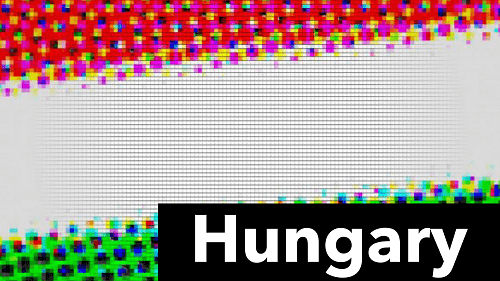
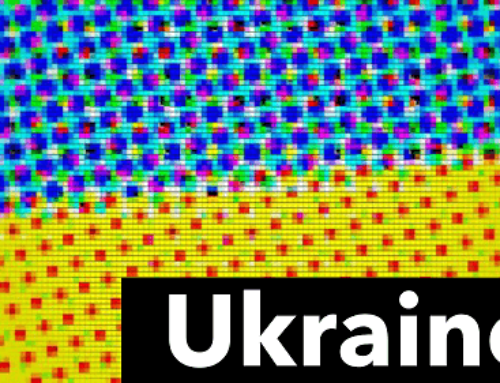
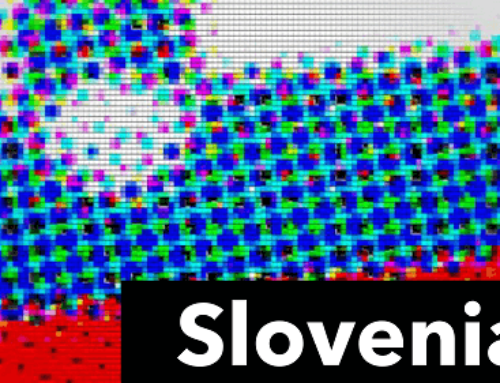
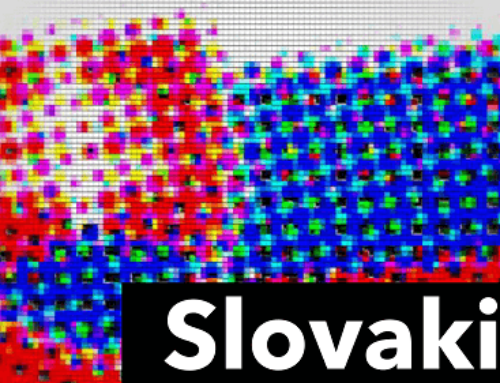
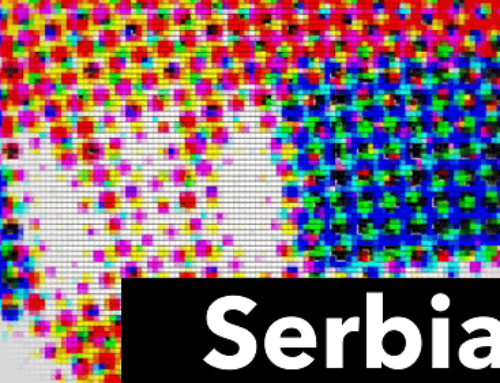
Leave A Comment